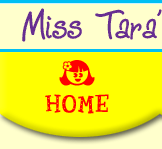
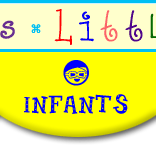
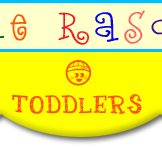
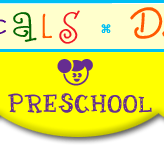
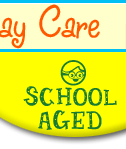
 |
 |
 |
| Learning Stations – are set
up in each room so that the children are exposed to a diversity of
ideas, concepts, and skills. The stations are designed to meet the
developmental needs of each group of children. Some of the learning
areas are: computer, family life, manipulatives, library, arts and
crafts, and blocks. Computer Learning – children work at their own pace on the computer. We have many educational programs for children to use as well as a number of games for those times when your child just needs to play. Free Play – children are allowed to freely explore their environment. Playground equipment, puzzles, books, toys, and coloring books are available for exploration. Free play is offered twice a day, am, and pm, so that each child can work in their own stations. Movement – we work on the development of gross and fine motor skills. Gross motor activity includes: games, dancing, aerobics, tumbling, climbing, etc. Fine motor activity includes: painting, cutting, drawing, and writing, gluing, and working with manipulatives. Story Time – books are very important to us and we share our excitement about books with your children everyday. Show and Tell – children enjoy describing their favorite toys to other children while developing their verbal skills. Arts and Crafts – is something both children and teachers enjoy doing together. These projects usually take on a holiday or seasonal theme. Science – we have designed a hands-on program where children experience very basic scientific concepts. We use sand and water tables, plantings, experience the seasons, explore living things, and care for our class pet. Naptime or Quiet Time – all children need some time during the day to wind down and rest. The younger children tend to nap. The older children are allowed to browse through books or do a quiet activity. Educational Themes – each month we will introduce a new theme for exploration. Classroom calendars and summary sheets will be handed out monthly. Parents will be made aware of educational concepts and social themes, which is intended to encourage parental involvement in the education process. |